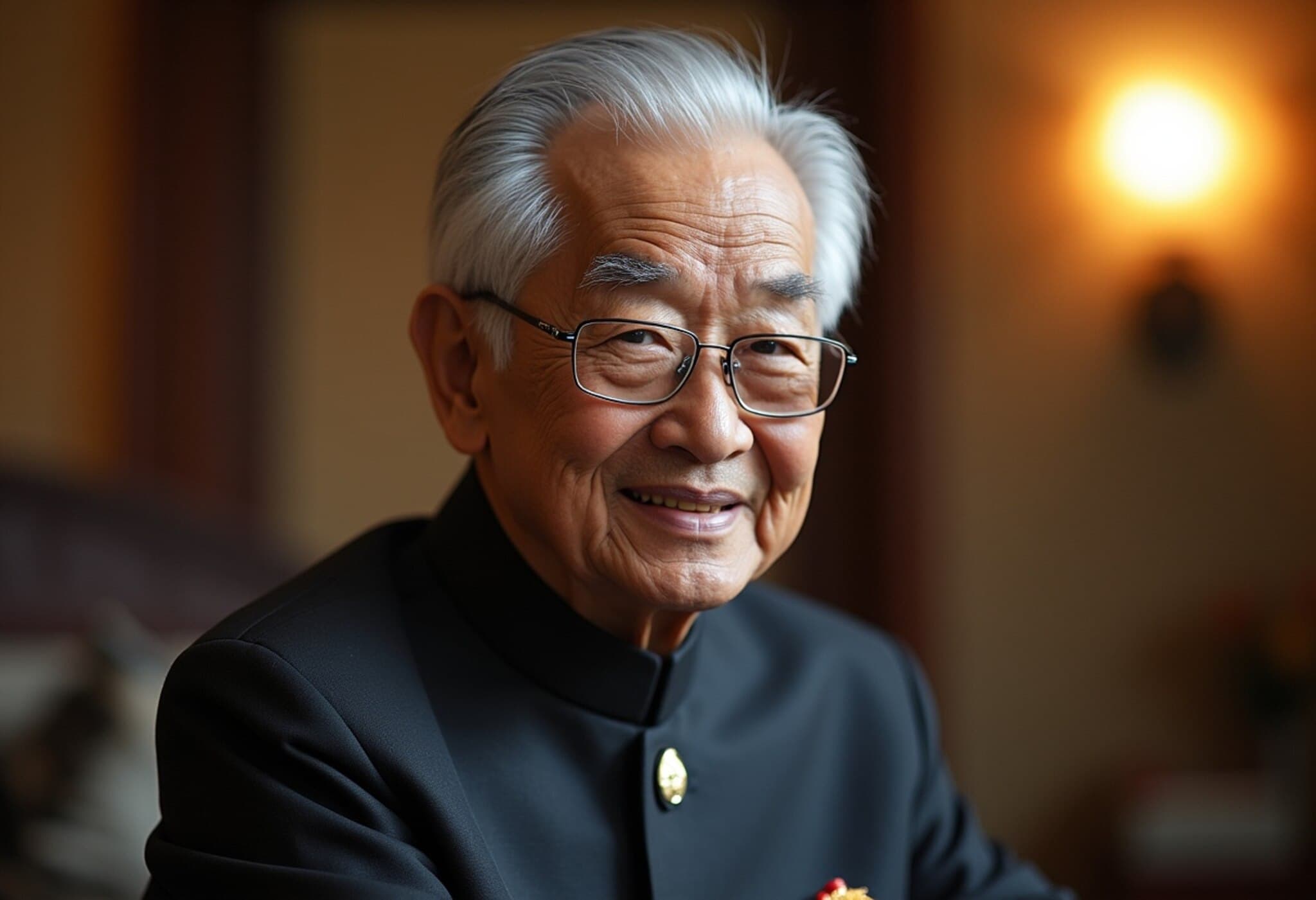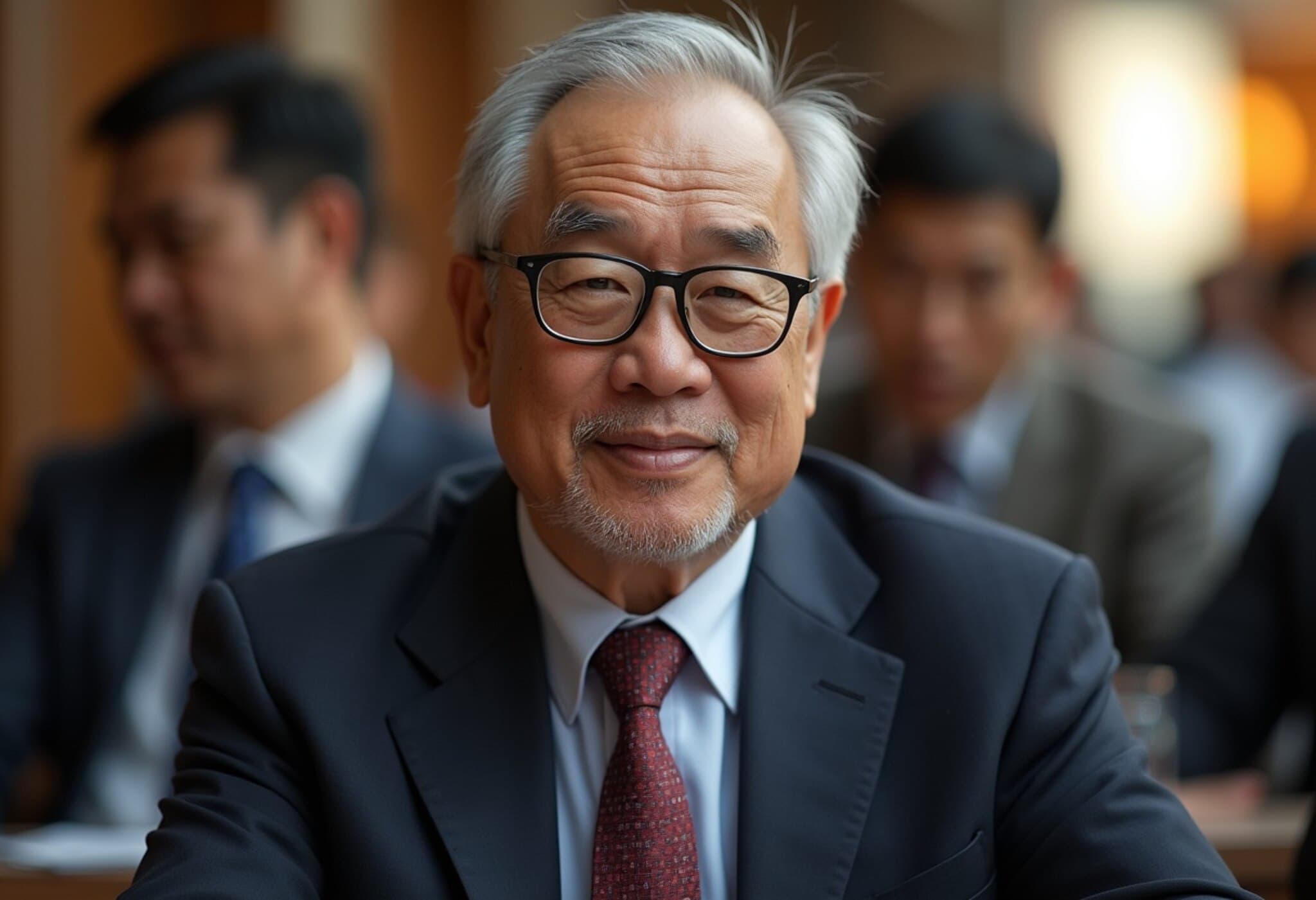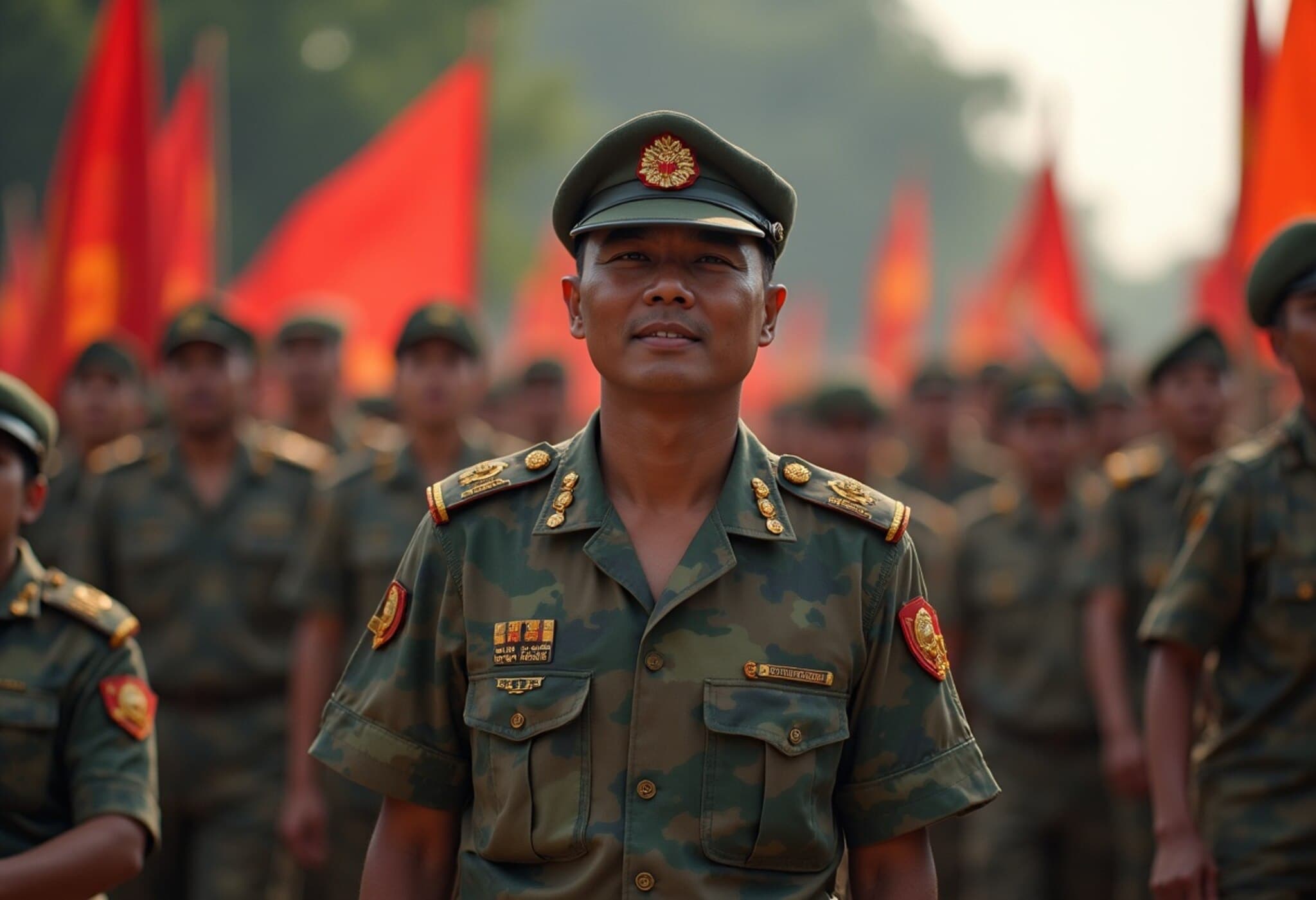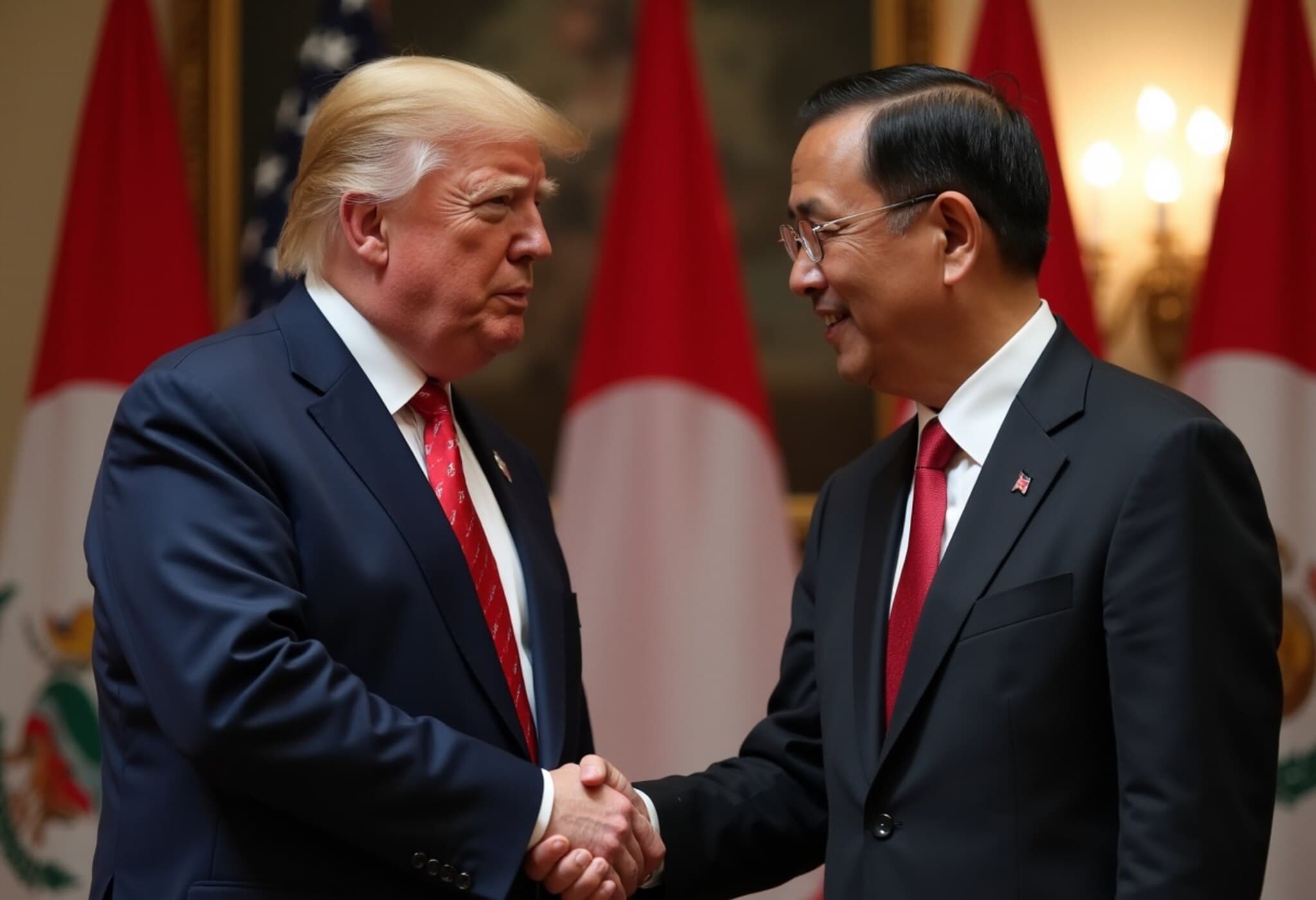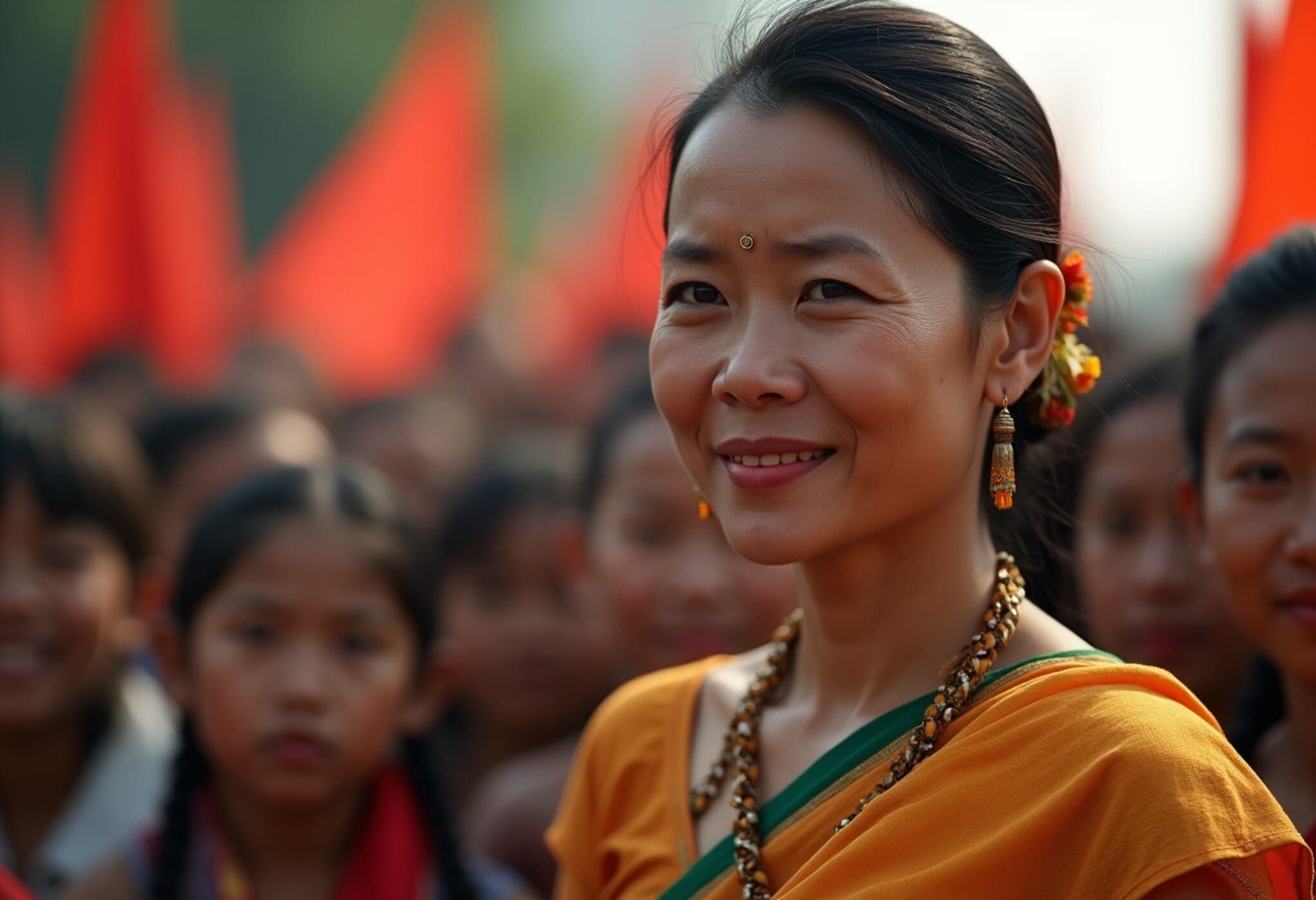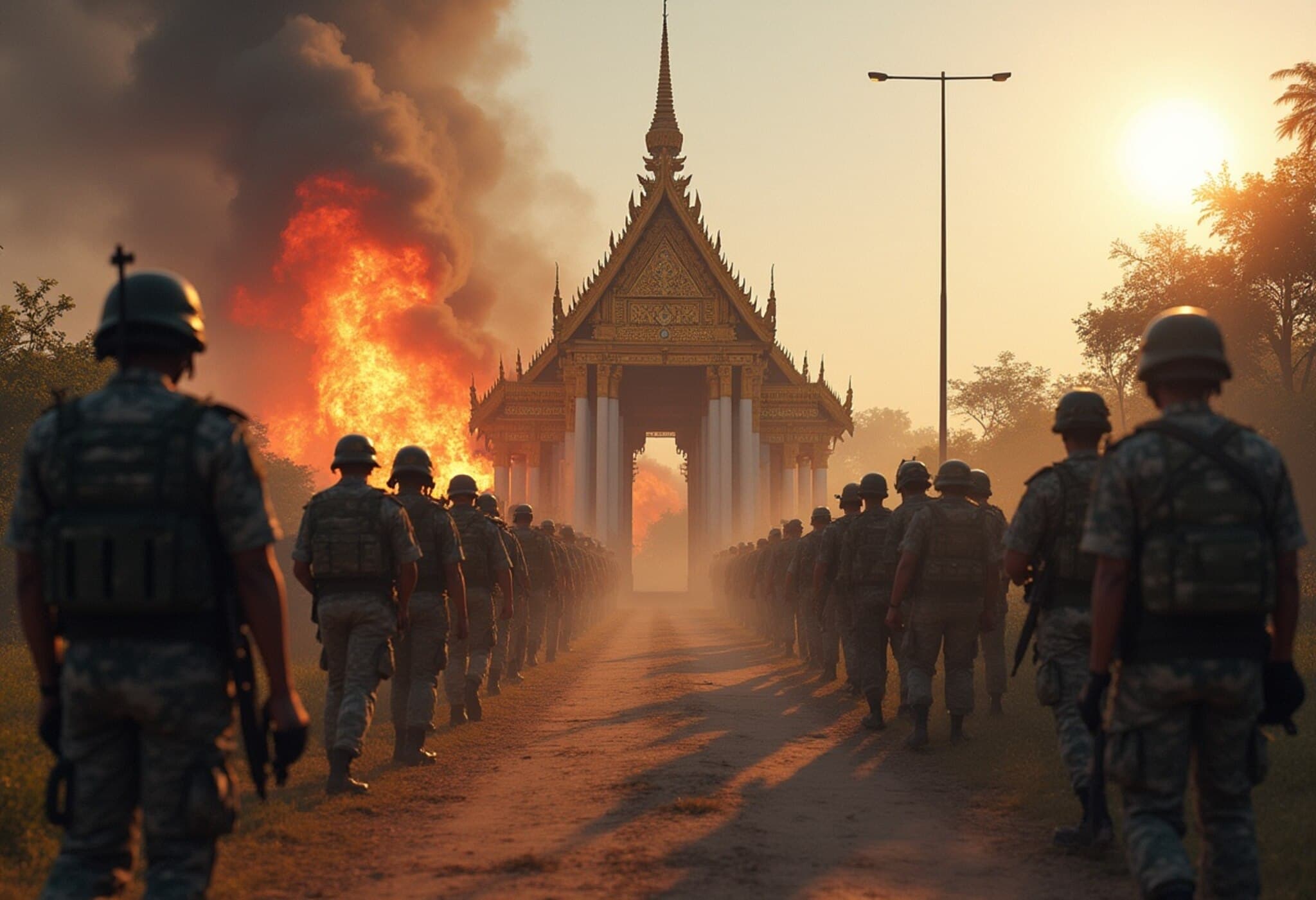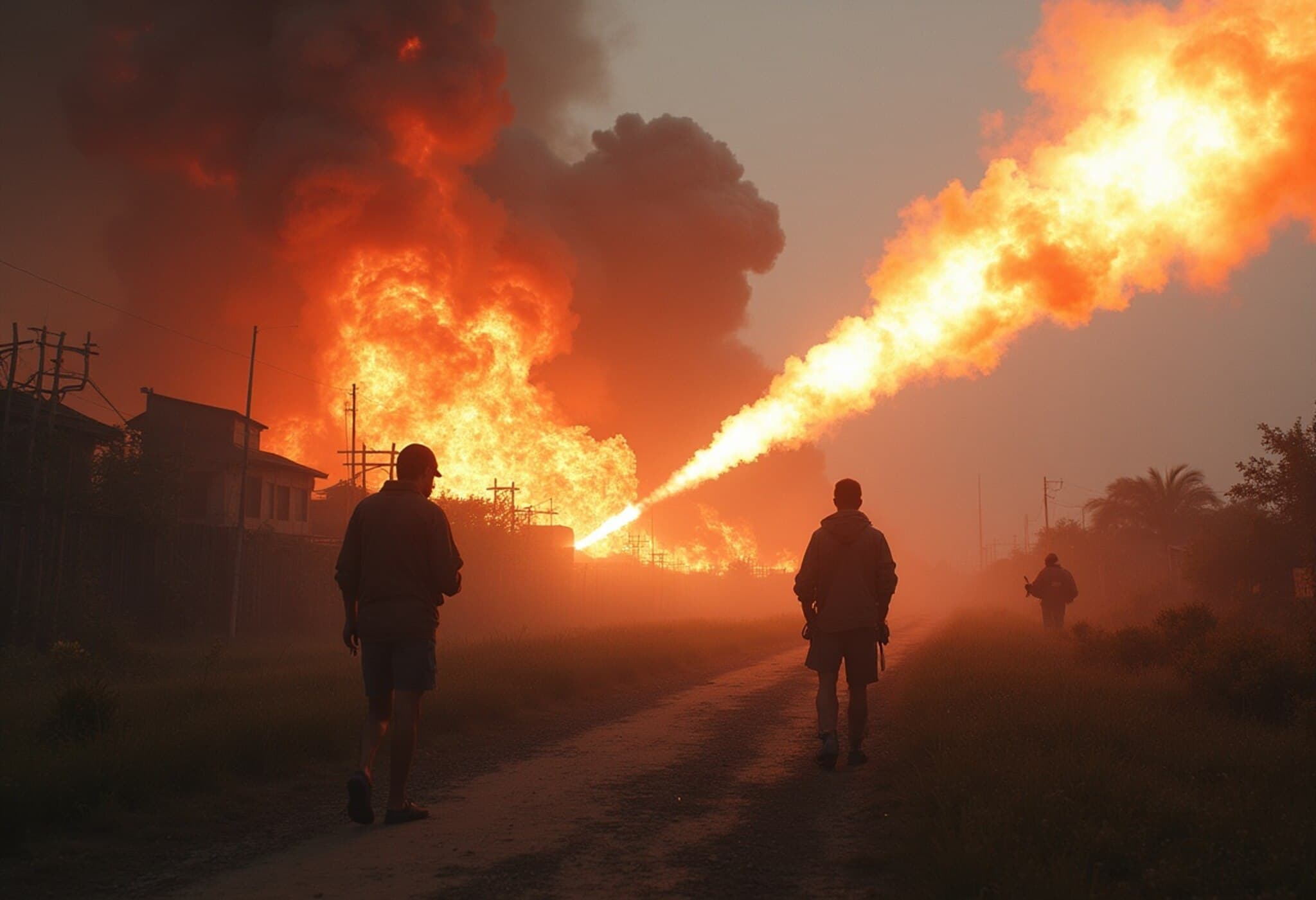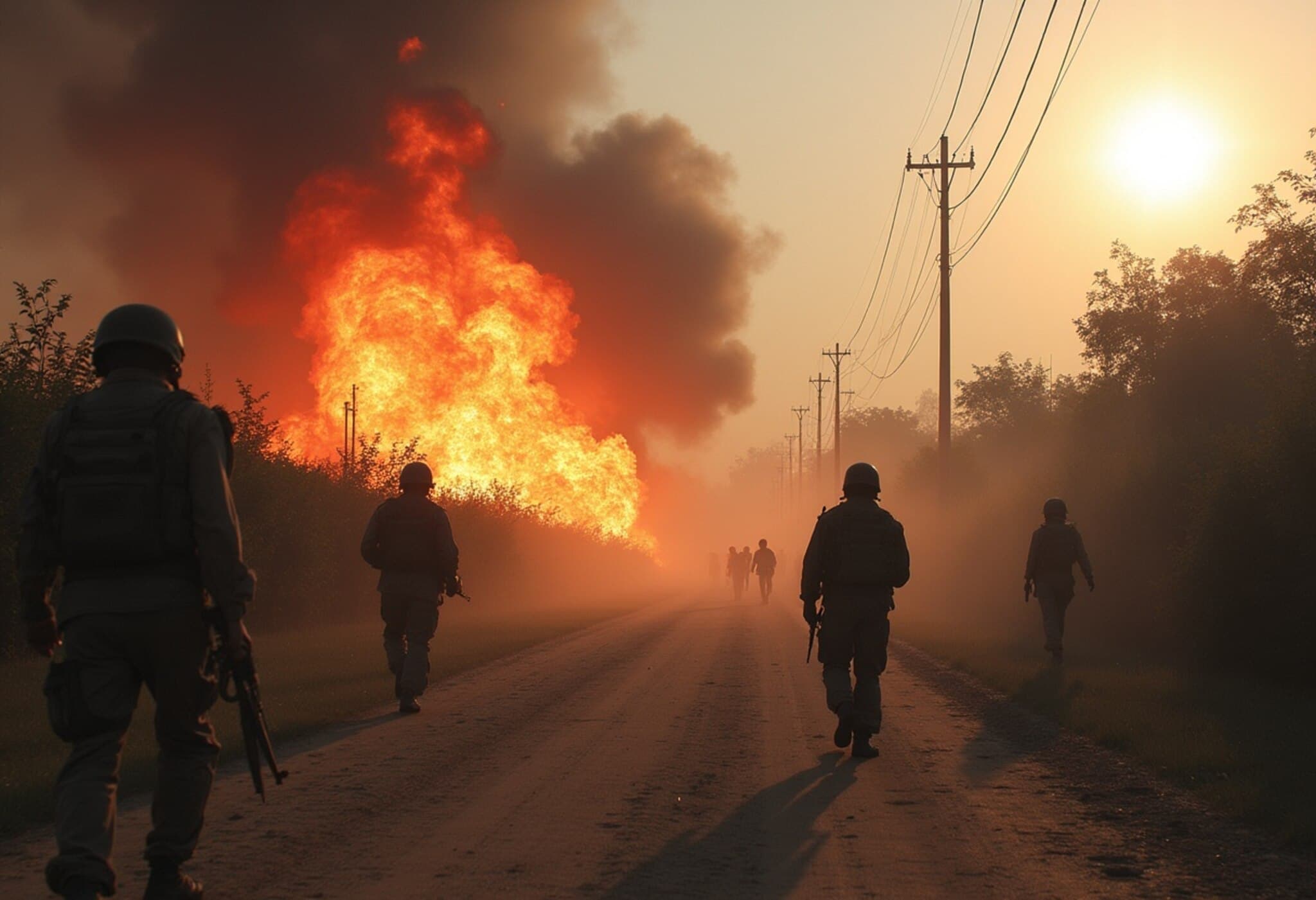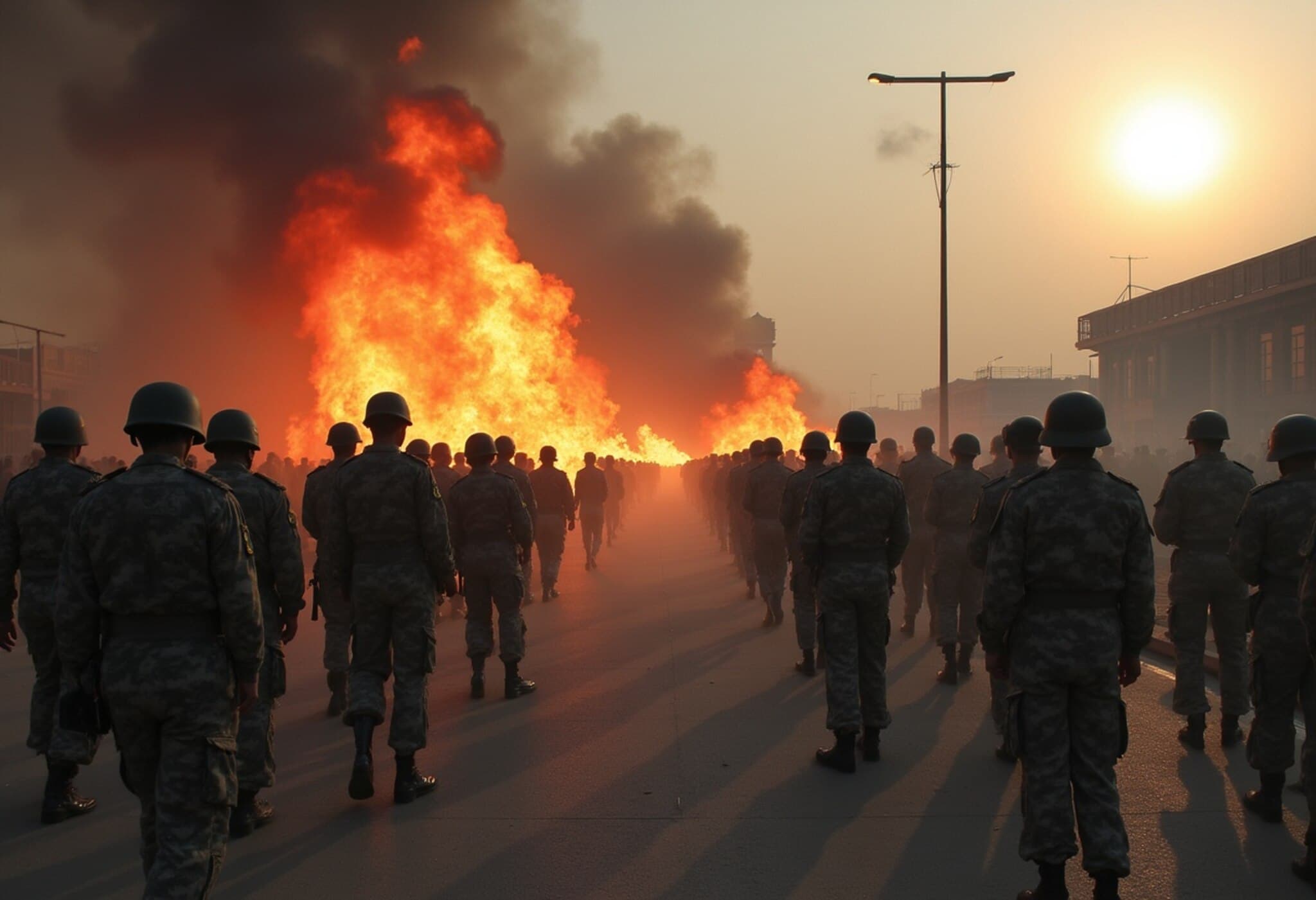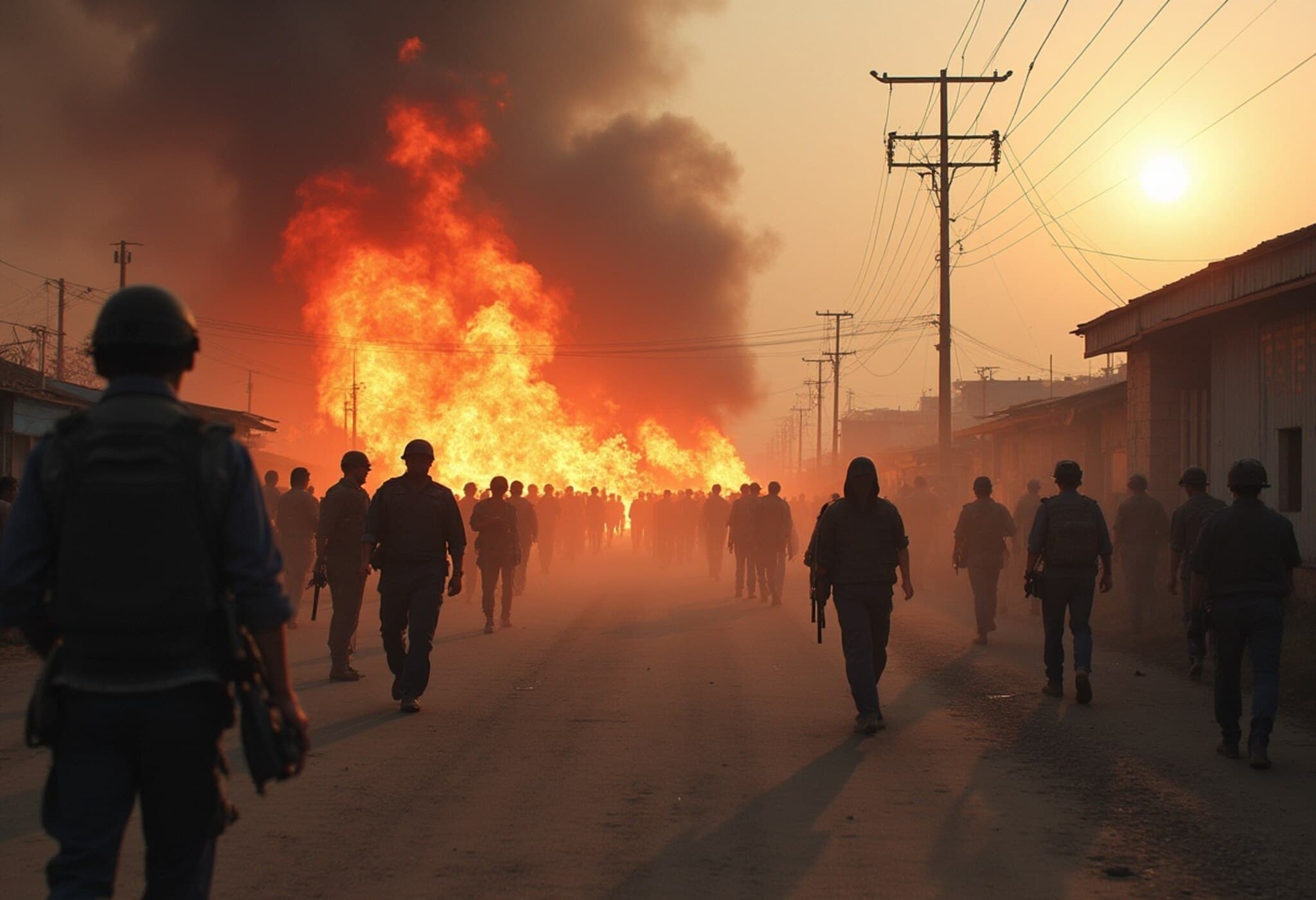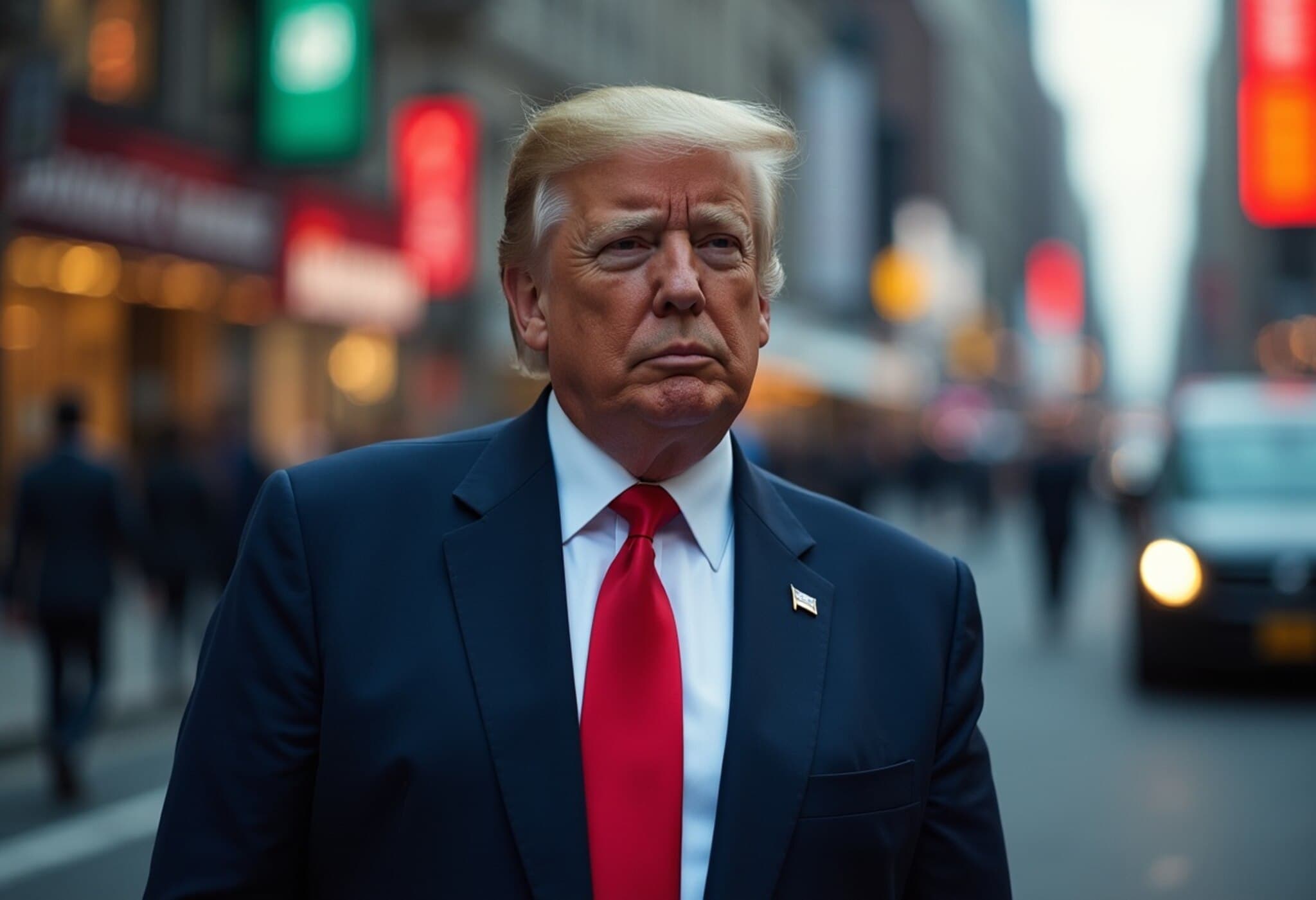Mahathir Mohamad Marks Centennial Amid Mixed Legacy
As Malaysia celebrates the 100th birthday of former Prime Minister Mahathir Mohamad on July 10, 2025, the centenarian remains a towering, if divisive, figure in Southeast Asian politics. Known for his formidable political career that spanned over four decades, Mahathir is observed working much like any other day—arriving at his Putrajaya office by 8:30 a.m., hosting a podcast, and greeting visitors—underscoring his enduring dedication to public life despite his milestone age.
A Political Giant with Complex Contradictions
Mahathir led Malaysia during two distinctive eras: first from 1981 to 2003, and later from 2018 to 2020. His early tenure is credited with propelling Malaysia onto the global economic stage, transforming it into a rising middle-income nation. Yet, as Professor James Chin of the University of Tasmania notes, Mahathir’s leadership also deepened ethnic divisions, undermining national unity between Malays and non-Malays—a schism that still shades Malaysian society today.
His reputation is a blend of respect for his economic vision and criticism of his authoritarian style. This duality has prompted ongoing debates among analysts and citizens alike. International relations were no less turbulent; he famously earned the label “recalcitrant” from then Australian Prime Minister Paul Keating after skipping an early APEC summit, exemplifying his penchant for defying Western expectations.
Enduring Influence and Regional Rivalries
Mahathir’s relationship with Australia, in particular, was consistently fraught. He viewed Australia as an extension of Western influence in Asia, often critical of Canberra’s pro-American stances and human rights advocacy. As Chin explains, Mahathir positioned Australia as a “deputy sheriff” for US interests, a narrative that resonated across Southeast Asia amid regional skepticism toward Western interventionism.
Despite stepping down at the height of political shifts in 2020 and a lackluster performance of his new party in subsequent elections, Mahathir’s political imprint remains firmly etched into Malaysia’s institutional and cultural fabric. Veteran political analyst Bridget Welsh suggests that moving beyond his legacy will take “several generations,” underscoring the enduring complexity of his role in shaping modern Malaysia.
Personal Milestones Amid Political Uncertainty
In the lead-up to his centenary, Mahathir has been greeted by celebratory crowds and received at least seven birthday cakes since Monday, reflecting widespread, if varied, sentiments toward the former premier. These public celebrations belie the continuing political tensions, particularly between Mahathir and current Prime Minister Anwar Ibrahim—a former ally turned rival whose imprisonment on politically charged charges continues to stir controversy.
Questions hang about Mahathir’s future involvement in politics. Despite rumors regarding a potential comeback should Anwar’s administration falter, the octogenarian remains coy, never directly confirming or denying such possibilities, maintaining an aura of unpredictability.
Editor’s Note
Mahathir Mohamad’s centenary is more than just a personal milestone—it is a living reflection of Malaysia’s postcolonial journey, filled with economic achievements, socio-political challenges, and shifting regional dynamics. As Malaysia and the wider world contemplate his legacy, critical questions arise:
- How can Malaysia reconcile the economic progress achieved under authoritarian governance with the need to heal ethnic and political divisions?
- What does Mahathir’s complex relationship with Western powers say about Southeast Asia’s broader struggle for autonomy and identity in a globalized world?
- Can Malaysia’s next generation of leaders navigate beyond the shadows and milestones set by this controversial statesman?
These questions remain central as Mahathir Mohamad turns 100—not just a celebration of longevity but a poignant moment for reflection on leadership, legacy, and national identity.

